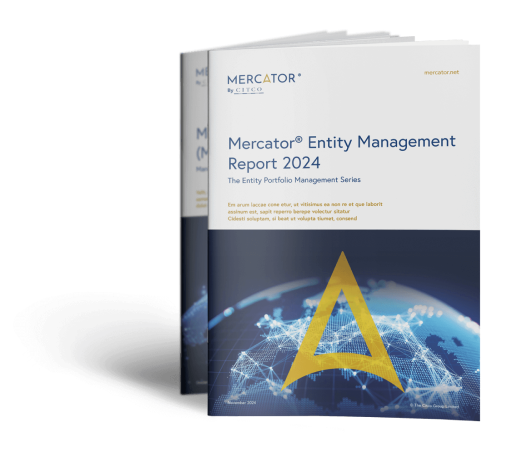The information contained in this document is marketing material and for informational purposes only. The information contained in this document is presented without any warranty or representation as to its accuracy or completeness and all implied representations or warranties of any kind are hereby disclaimed. Recipients of this document, whether clients or otherwise, should not act or refrain from acting on the basis of any information included in this document without seeking appropriate professional advice. The provision of the information contained in this document does not establish any express or implied duty or obligation between Citco and any recipient and neither Citco nor any of its shareholders, members, directors, principals or personnel shall be responsible or liable for results arising from the use or reliance of the information contained in this document including, without limitation, any loss (whether direct, indirect, in contract, tort or otherwise) arising from any decision made or action taken by any party in reliance upon the information contained in this document. © The Citco Group Limited, December 2024.
China: Accession to Apostille Convention
On the 7th of November 2023, the Hague Convention of 5 October 1961 Abolishing the Requirement of Legalisation for Foreign Public Documents (known as the Apostille Convention) came into force in China.
The Apostille Convention greatly simplifies cross-border use of public documents and provides a single certification by a Competent Authority where the documents was executed (an Apostille).
All existing contracting states of the Apostille Convention agreed to Chinas accession, apart from India.
The risk of non-compliance
It is recommended to check the format, content, time limit, translation and other specific requirements of foreign public documents with the relevant Chinese authorities in advance.
Failure to comply with the exact formality may result in public documents with an Apostille being rejected in China.

